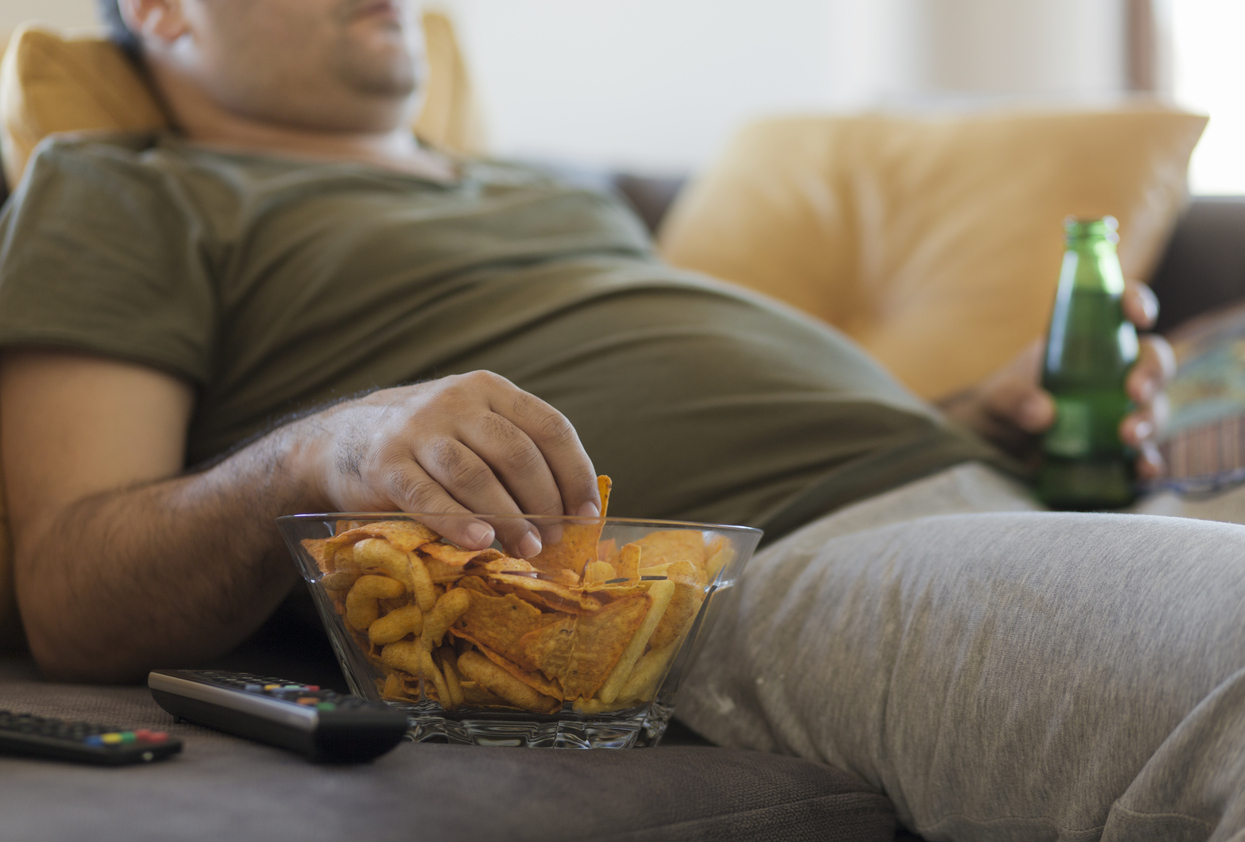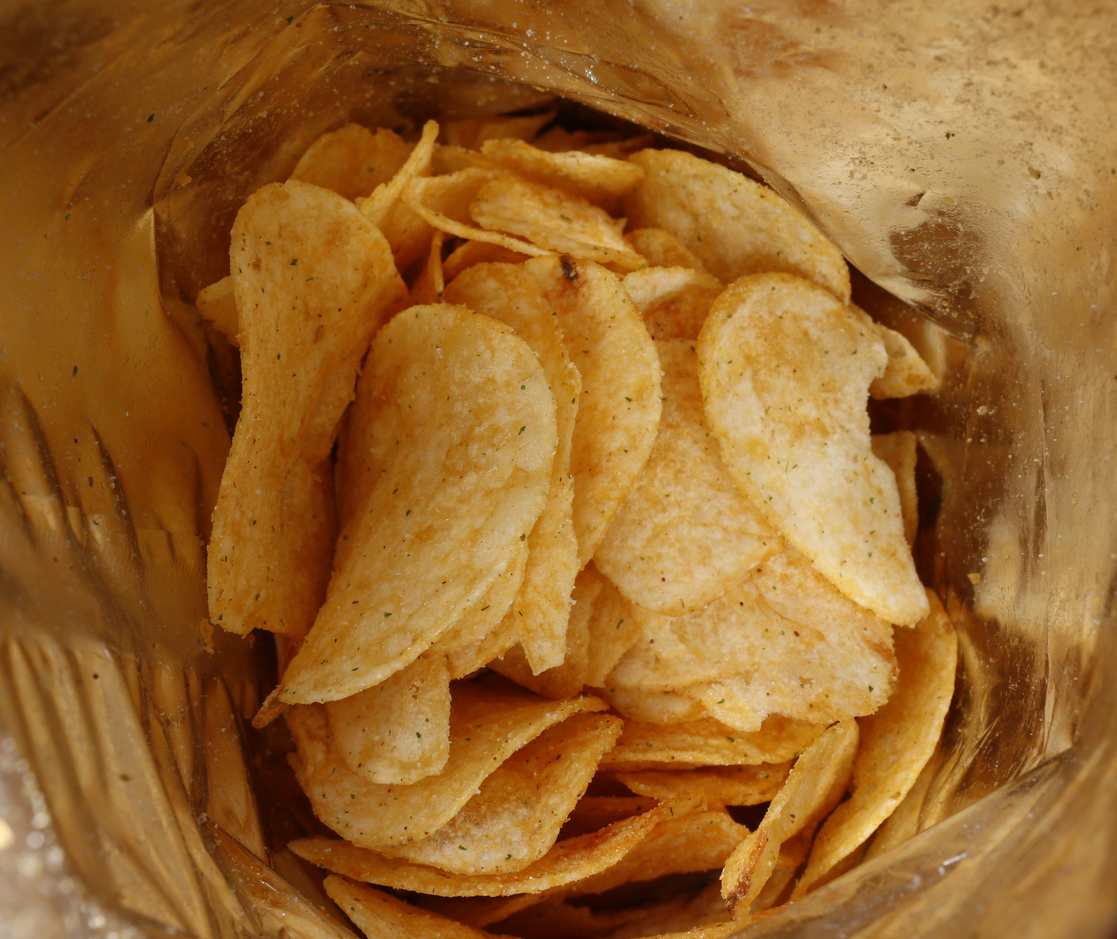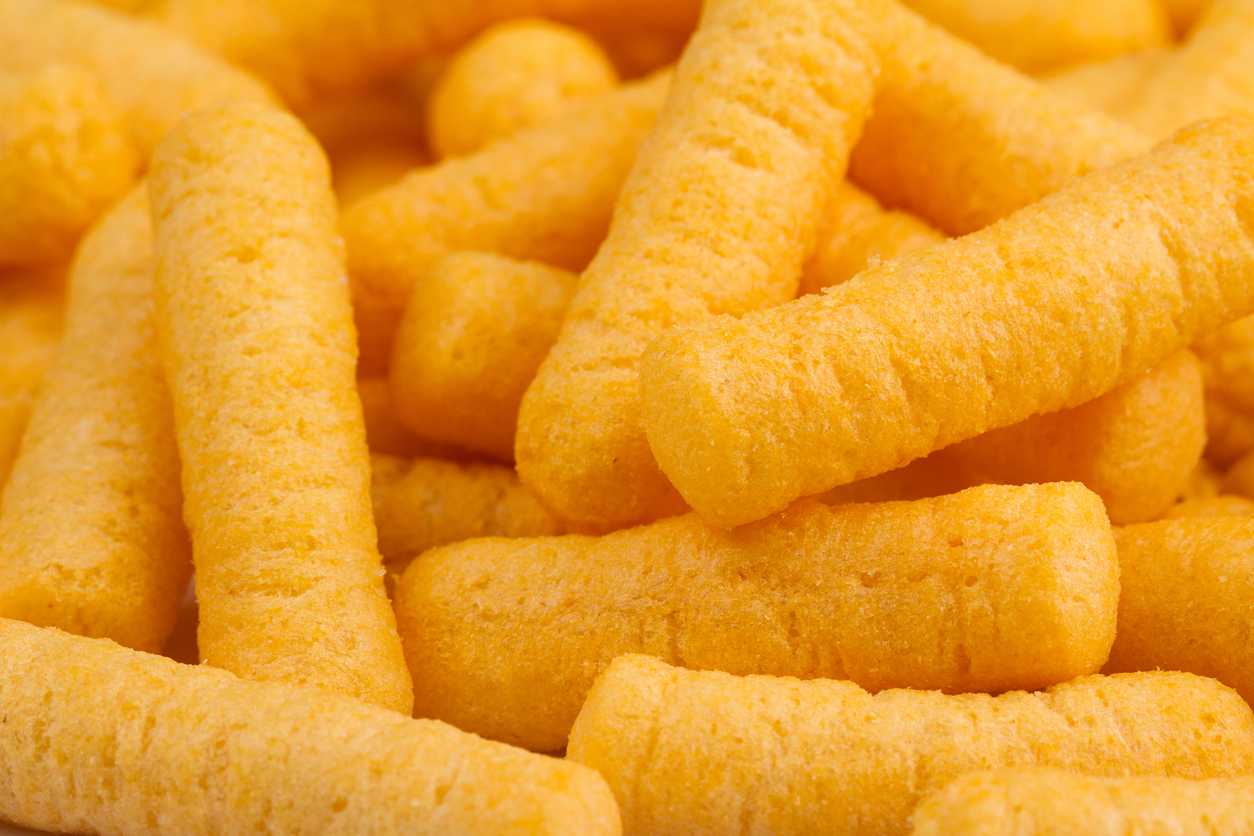- Home
- Blog
- Additives and Labels
- Avoid these 10 ultra-processed foods!
Avoid these 10 ultra-processed foods!
Written by Catherine Saxelby
on Wednesday, 20 June 2018.
Tagged: additives, health, healthy eating, junk food, nutrition, processing, UPF

Think processed food only means frozen pizza and bags of chips? Or maybe it’s that white sliced supermarket bread, or anything in a packet? Think again. While the definition of processed foods embraces everything from tinned tomatoes to frozen berries (even cooking is actually a form of processing), it's often only those ultra-processed foods (UPF) you need to avoid. These are the ones considered the ‘root of all evil’ when it comes to poor diets and obesity. Read on for my thoughts ...
How I classify processed foods
I like to divide processed foods into four categories:
-
Minimally processed
These are nutritious items such as pre-cut and peeled pumpkin, potatoes and other veges, bagged salad leaves, bagged spinach, sliced vegetables, and unsalted, roasted nuts — often simply prepped for cooking convenience. These preserve freshness, improve taste and save us time.
-
Lightly processed
These are also nutritious and convenient for busy folk. They include those foods that have been canned, dried or frozen such as dried fruit, canned legumes, cheese, pasta, canned sardines, frozen peas and other vegetables, pasteurised milk, bran cereal, yoghurt. They supply nutrients and make foods available out of season. You can still recognise the ingredients that go into them.
-
Heavily processed
This is food that’s not in its original form or food that is not naturally occurring such as deli meats, many breakfast cereals, grain bars, oils, sugars and flours. Plus those culinary ingredients such as salt, butter or sugar and food industry ingredients such as maltodextrin and citric acid.
-
Ultra-processed
These are what you and I would recognise as ‘junk food’. These are the items that give all processing a bad name. Often dubbed "convenience foods", they include pre-made easy snacks like chips, fries, biscuits, chocolates, sweets, nuggets, energy bars, and carbonated and sugared sweet drinks.
Increased snacking
 Since the 1990s, ‘Big Snack’— the multi-national manufacturers of packaged, long shelf-life snacks designed to displace meals—have greatly increased their penetration, first of high-income countries like the USA, UK, Australia and NZ, and lately of lower-income countries like Peru, Chile, Mexico, India, China and many nations of Africa and Asia.
Since the 1990s, ‘Big Snack’— the multi-national manufacturers of packaged, long shelf-life snacks designed to displace meals—have greatly increased their penetration, first of high-income countries like the USA, UK, Australia and NZ, and lately of lower-income countries like Peru, Chile, Mexico, India, China and many nations of Africa and Asia.
It’s all on a spectrum
All processed foods fall on a spectrum from minimally to heavily processed. However, the ones I think you should avoid to protect your health are these ultra-processed (UPFs) products that are unhealthy and tend to damage the nutritional quality of the diet.
Not all processing is bad
Not all processed food is unhealthy but most people think of it as ‘bad for you’. Cooking, canning, freezing and drying are all processing methods with both good and bad sides. For instance, processing increases the availability of lycopene (a key antioxidant) in tomato sauce (good) but adds unwanted salt and sugar (bad).
What’s wrong with UPFs?
Here are the 10 nutritional problems identified by researchers. UPFs are ready-to-eat snacks that:
- taste so good it’s hard to stop eating them once you open the packet, often claimed to be the basis of food addiction
- are high in kilojoules or Calories
- are high in added sugar, added salt, with bad fats and numerous undesirable flavours, colours and preservatives
- are low in vitamins and minerals
- have had their fibre taken out
- are mostly made, advertised and sold by large multi-national companies
- are ready to consume, requiring no preparation which is an enormous advantage over fresh and perishable whole foods
- have a long shelf life with a low bacterial count so they’re safe to eat for ages
- lack ‘soul’ and connection to their raw ingredients
- lack satisfaction long-term as they are rapidly digested and absorbed.
 UPFs have been blamed for obesity and are now a term used as shorthand to denote disapproval for a product. What they mean is that ultra-processed products are mostly unhealthy. Studies show they tend to damage the nutritional quality of diets and to increase the risk of diseases such as diabetes and heart disease although there is disagreement about this effect.
UPFs have been blamed for obesity and are now a term used as shorthand to denote disapproval for a product. What they mean is that ultra-processed products are mostly unhealthy. Studies show they tend to damage the nutritional quality of diets and to increase the risk of diseases such as diabetes and heart disease although there is disagreement about this effect.
Ultra Processed Foods are created from substances extracted from whole foods such as the cheap parts or remnants of animals plus inexpensive ingredients such as refined starches, sugars, fats and refined oils, flavours, preservatives and colours.
Fresh vs processed
Compare the fresh original food with its processed counterpart in this table. Processed foods often equate with convenience at the cost of nutritional benefit.
|
Fresh, real food |
Processed end product |
|
Strawberries |
Strawberry fruit straps or fruit fix, strawberry topping, strawberry shakes |
|
Corn on the cob |
Canned corn kernels, popped corn, corn starch, corn syrup, corn chips |
|
Orange |
Citrus jellies, orange cordial, orange soft drink e.g. Fanta |
|
Banana |
Banana cake, banana lollies, banana syrup topping |
|
Potato |
Potato chips, fries, wedges, crisps |
|
Tomatoes |
Tomato puree, paste, soup, sauce |
My 10 worst UPFs to avoid

- Fizzy soft drink
- Chocolate-hazelnut spread e.g. Nutella
- ‘Pods’ and similar sweet baked snacks
- Potato crisps
- Corn chips
- Instant noodles
- Sweet biscuits and biscuit-like snacks
- Processed cheese sticks
- Flavoured, sugary alcoholic drinks such as Breezers and Cruisers based on spirits like rum, bourbon, whiskey, gin and vodka
- Muesli bars, energy bars, protein bars, roll-ups.
The bottom line
Remember that UPFs are convenient, portable, shelf-stable and mess-free. They are easy to overeat, hit all our bliss points, and are more-ish. There is no need for cutlery or crockery. They save us time and provide something quick AND cheap. Steer clear of them whenever you can.
Jemma O'Hanlon
The Good Stuff
The Boring Stuff
© 2025 Foodwatch Australia. All rights reserved
Website by Joomstore eCommerce









